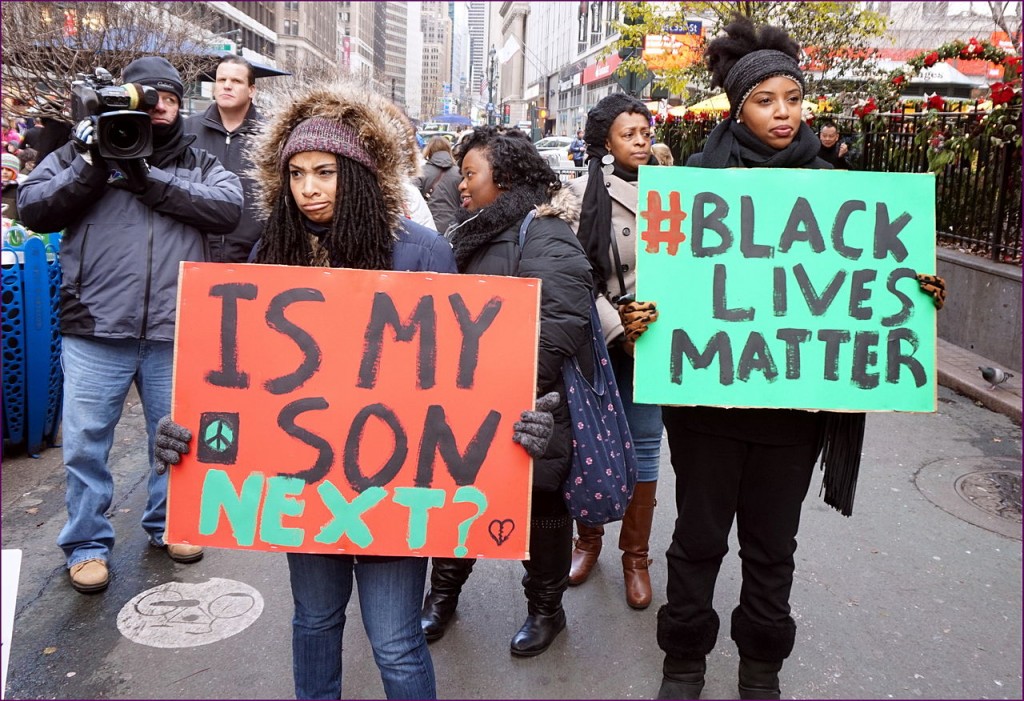The Centre for American Studies is pleased to announce three open lectures during the Autumn Term 2015-16. Events take place at the University of Kent’s Canterbury Campus and are open to all:
Thursday, 29th October 2015
6pm in Keynes Lecture Theatre 6, Canterbury Campus
The Hate that an Anti-Hate Movement Produced: Subversion, Backlash and Misunderstanding in/of The Movement for Black Lives
Dr Monica Miller and Dr James Peterson, Lehigh University, Pennsylvania, USA
Dr Monica Miller and Dr James Peterson discuss the current Black Lives Matter movement in the U.S. exploring how mainstream American media has often misportrayed and misunderstood what some are calling the new ‘Post-Civil Rights’ social protest movement. In particular, the speakers will examine how social media has transformed strategies of social protest amongst marginalised communities of colour, giving rise to both possibilities and misuses in its adoption as a protest platform.
Tuesday, 17th November 2015
6pm in Grimond Lecture Theatre 2, Canterbury Campus
The 2015 Bolt Lecture: How North and South were reconciled after the American Civil War
Professor Robert Cook, The University of Sussex
Professor Robert Cook examines the pace and chronology of the reconciliation process, as well as the reasons why that process did not reach a decisive tipping point until the 1890s. His lecture demonstrates the central role played by politics as well as cultural and economic change in the obstruction and promotion of North-South amity, paying particular attention to the activities of northern Republicans, southern Democrats, Civil War veterans and southern white women. Reconciliation, he argues, was ultimately a series of often grudging accommodations involving members of the wartime and post-war generations on both sides of the Mason-Dixon Line.
Thursday, 3rd December 2015
6pm in Grimond Lecture Theatre 2, Canterbury Campus
Contemporary Slavery and the Antislavery Usable Past
Professor Zoe Trodd, The University of Nottingham.
There are an estimated 36 million slaves alive today, including in the United States and Europe—more than at any point in human history. Over the past 15 years, a growing antislavery movement has achieved some successes, but it is repeating mistakes of the past, rather than learning from earlier antislavery successes, failures, experiments and strategies. Zoe Trodd examines what an antislavery usable past might look like. What strategies, literary devices, images and opinion-building activities were useful to earlier antislavery generations, and how might they be useful for contemporary abolitionists in adapted form? Can we move beyond merely nostalgic celebrations of past antislavery victories to instead apply lessons from the abolitionist past?
For further information about the above open lectures, please contact Jacqueline Basquil, Event Coordinator at The Centre for American Studies, The University of Kent.

